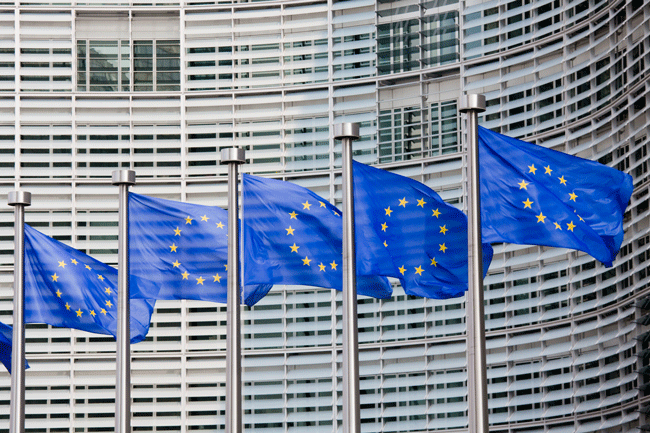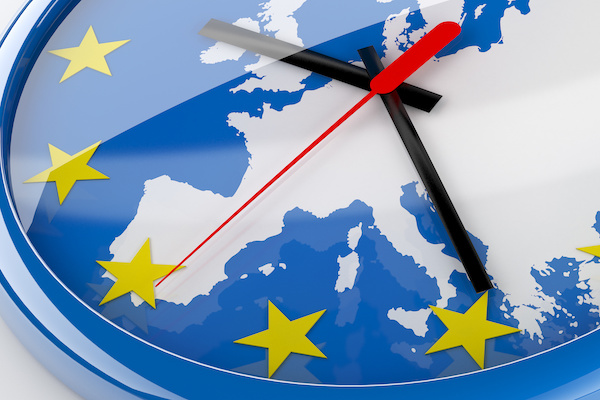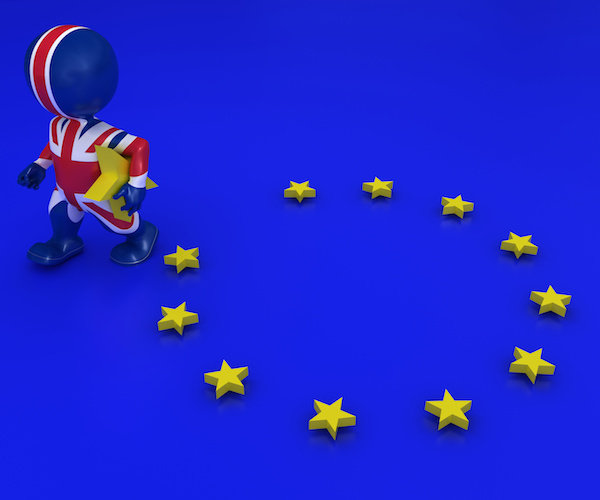06 November 2014
European Council conclusions: a snatched compromise, for a crucial issue…


After an extremely tensed European Council, the 28 Heads of State of the EU finally adopted their position on the future of EU’s energy and climate policy for 2030. A clear message to the rest of the world before the International Climate Conference (COP21) in 2015? Not so sure…
While preliminary negotiations for the 2015 Conference of the Parties (COP21) are in full swing, the definition of a clear European policy on the Climate and Energy Challenges for 2030 was as crucial as it was risky for the EU Member States. The European Union, which is seeking an ambitious and binding agreement in December 2015, should display a strong commitment on the reduction of CO2 emissions, through the adoption of a minimum target of 40% reduction of GHG emissions in 2030, compared to 1990. However, the Visegrad countries (Poland, Hungary, Slovakia, Czech Republic), characterized by a high-carbon energy mix and an income level below the average of the EU, remain opposed to the adoption of an overly ambitious goal, raising their concerns for the competitiveness of their economies and their industries.
40% GHG reduction target by 2030
After harsh negotiations, the European Council finally reached a consensus among the 28 member states around a target of at least 40% reduction in CO2 emissions by 2030 compared to 1990. This ambitious commitment was snatched at the cost of a more pragmatic approach on corollaries targets: a goal of at least 27% is set at the EU level regarding the share of renewable energies in EU energy consumption by 2030, as well as an indicative target of at least 27% reduction in energy consumption, compared to scenarios for future energy consumption.
To comply with the claims of the Visegrad countries, the European Council also maintained the free allocation of CO2 quotas for the energy sector in Member States with GDP per capita below 60% of the European average. The Council also announced the creation of a reserve tailored to meet the needs of significant investments in low-income member states.
Objective: the COP21
With its successful compromise, the future Vice-President of the European Commission for Energy Union, Maros Sefcovic, will try to get a global, and legally binding, agreement on climate change (the main issue being the integration of the United States and China in the fight against CO2 emissions) to erase the bitter failure of the Doha conference and to ensure fair competition for European companies, with their rivals around the world. But, the compromise on the 2030 package also includes a “review clause”, as the Conclusions states that the European Council “will remain in charge of defining the framework for climate and energy for 2030”, and “even after the European Commission will have adopted the relevant legislative proposals”. An open door to scale down the ambitions of the EU, if the COP21 was to be a failure.
Find out more
02 June 2020
“Long live Europe”: it’s time for Europe!
25 February 2020
Brexit: love last 47 years


About us
The Union of the French Electricity Industry is the trade association of the French electricity sector. We bring together companies from the whole value chain of the electricity industry.
Find out more










